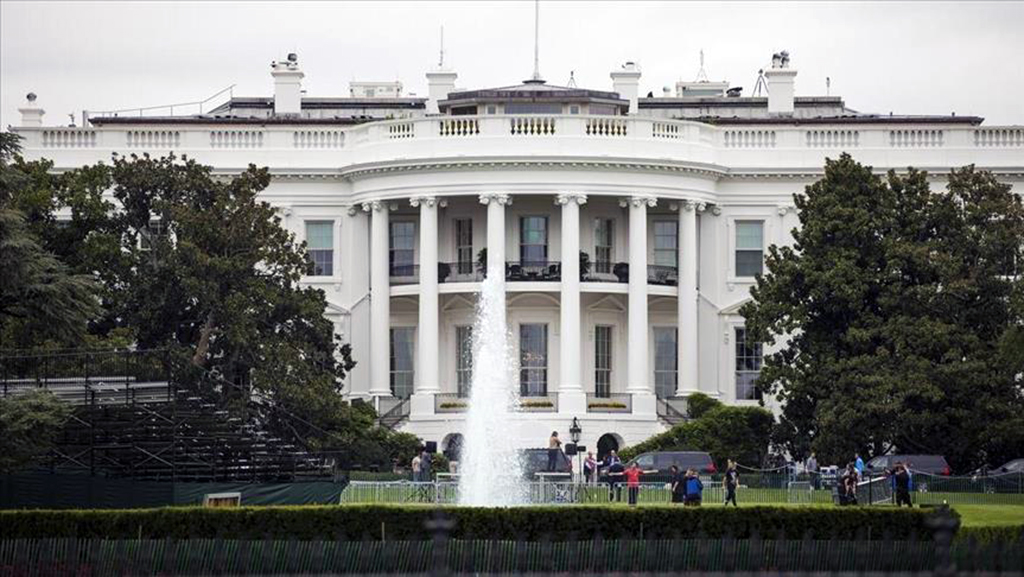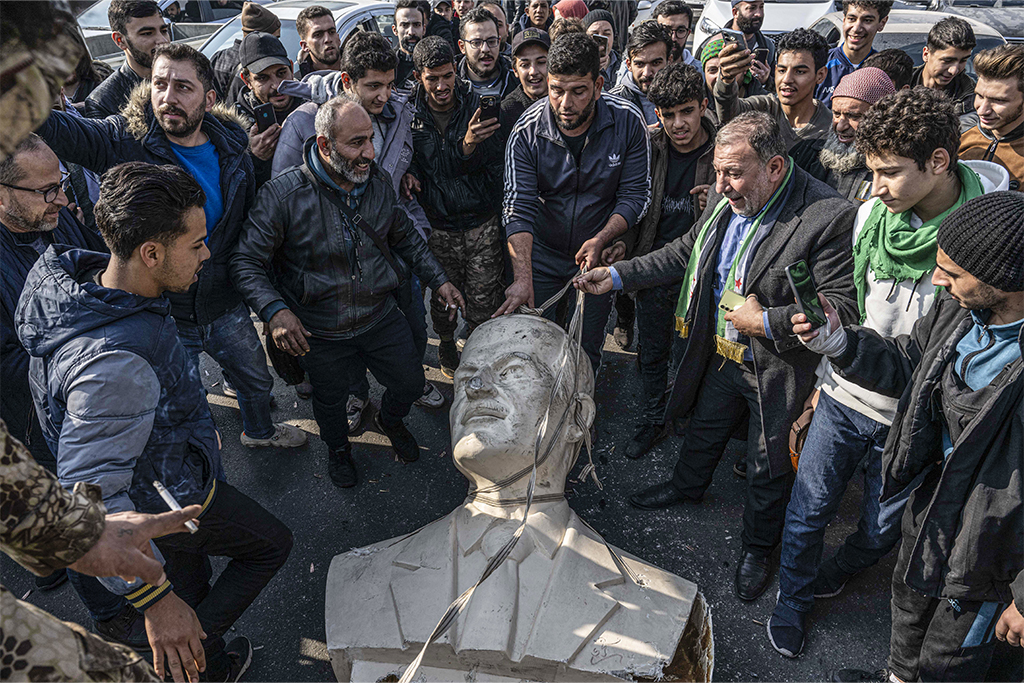
US needs to leave Obama legacy behind to move forward with Turkey
Pentagon officials continue to maintain the same dysfunctional and hostile policies against Turkey. They are now using Turkey's purchase of the S-400 air defense systems from Russia as a pretext to pressure and threaten Turkey. The Pentagon's recently resigned chief Patrick Shanahan had warned his Turkish counterpart Hulusi Akar about economic sanctions and the abandonment of military cooperation between the two NATO allies.
Share
Pentagon officials continue to maintain the same dysfunctional and hostile policies against Turkey. They are now using Turkey's purchase of the S-400 air defense systems from Russia as a pretext to pressure and threaten Turkey. The Pentagon's recently resigned chief Patrick Shanahan had warned his Turkish counterpart Hulusi Akar about economic sanctions and the abandonment of military cooperation between the two NATO allies.
The Pentagon has threatened to kick Turkey out of the F-35 joint strike fighter project, of which Turkey is a partner. The U.S. military support of the People's Protection Units (YPG) in Syria is ongoing, while there is still hope that Ankara and Washington could agree on eastern Syria through the efforts of the U.S. representative for Syria engagement, James Jeffrey. Turkophobic circles in Washington, who are well-funded by regional actors, continue to attack Turkey and President Recep Tayyip Erdoğan's government despite the inconsistencies of their arguments. Turkey-bashing is a lavish and profitable business in Washington, and everyone wants to get their share before the resources are directed elsewhere.
The existing tension between Washington and Ankara is related to the misguided policies of the Barack Obama administration, and those policies are still being maintained by the Pentagon, despite their dramatic failure. At a critical juncture, Washington gained a disappointed and skeptical ally rather than a loyal partner. Now it is time for Washington to revise its relations with Ankara.
Those policies transformed Turkey from a reliable partner and ally into a quasi-enem
y. During Obama's presidency, the Pentagon and the White House increased diplomatic contact with Iran and approved the Joint Comprehensive Plan of Action (JCPOA). The White House enjoyed Iranian expansionism in Iraq, Syria, Lebanon and Yemen. This was part of the Obama administration's policy of encircling Sunni regimes and preventing Arab democratic transformation in the region.
Rather than working with Turkey in Syria, the Pentagon decided to strengthen the PKK and its Syrian affiliate, the Democratic Union Party (PYD), and arm, defend and politically mobilize the group in Syria and elsewhere. This was not a necessity but a deliberate choice, just like choosing to side with Abdel-Fattah el-Sissi's military coup rather than trying to find common ground with the democratically elected Mohammed Morsi.
Obama's policies also undermined the potential for Arab democracies. Most people in Turkey believe that Washington circles played an important role by encouraging the Gülenist Terror Group (FETÖ) to initiate the July 15 coup attempt. Washington's and especially the Pentagon's response to the failure of the July 15 coup was a colossal disappointment.
An essential pillar of Obama's regional policy was to contain Turkey in the region. Obama even refrained from intervening in Syria to change the course of the bloody civil war since they thought this would facilitate the expansion of Turkey's influence in Syria. Such a calculation led to the slaughtering of hundreds of thousands of innocent Syrian civilians.
The Obama administration was silent on the use of chemical weapons despite warning of the "red line" that could not be crossed. In his famous interview with President Obama in the Atlantic, Jeffrey Goldberg expressed Obama's disappointment of President Recep Tayyip Erdoğan because of "refusing to use his enormous army to bring stability to Syria."
Obama also used the usual allegations related to the "authoritarianism of Erdoğan," but he never made such allegations about the real dictators in the region. It was clear that Obama was just interested in using the Turkish military for the U.S.' regional ventures rather than developing a civilized diplomatic dialogue that would bring democratic stability to the region. The Obama administration instead decided to counterbalance Turkey and the Sunni regimes with Iran, but such a policy just encouraged Iran's regional expansionism.
During the Trump presidency, the White House has been skeptical of the Iran nuclear deal, but Washington has high hopes its pressure will force Tehran to yield. If such a change is achieved, it will strengthen Washington's position in the Middle East. Trump was quite confident that his government would successfully renegotiate the nuclear deal.
This optimism was somehow overshadowed by the downing of a $130 million American surveillance drone, a RQ-4A Global Hawk High-Altitude, Long, Endurance (HALE) Unmanned Aircraft System, by the Iranian Revolutionary Guards Corps.
Washington's policies have failed to contain Iran, encouraged the United Arab Emirates (UAE) and Saudi Arabia to take action in the region and alienated Washington's longtime ally Turkey. The policy of "maximum diplomatic pressure on Turkey" will fail and may force Turkey to change its foreign policy orientation. It is now time for Washington to abandon its unsuccessful Turkey policy, which is riddled with the miscalculations of Obama and the security establishment in the Pentagon. There are always win-win options between Ankara and Washington, but Washington should give up its policy of trying to bring Turkey to its knees.
[Daily Sabah, 22 June 2019]
Tags »
Related Articles








